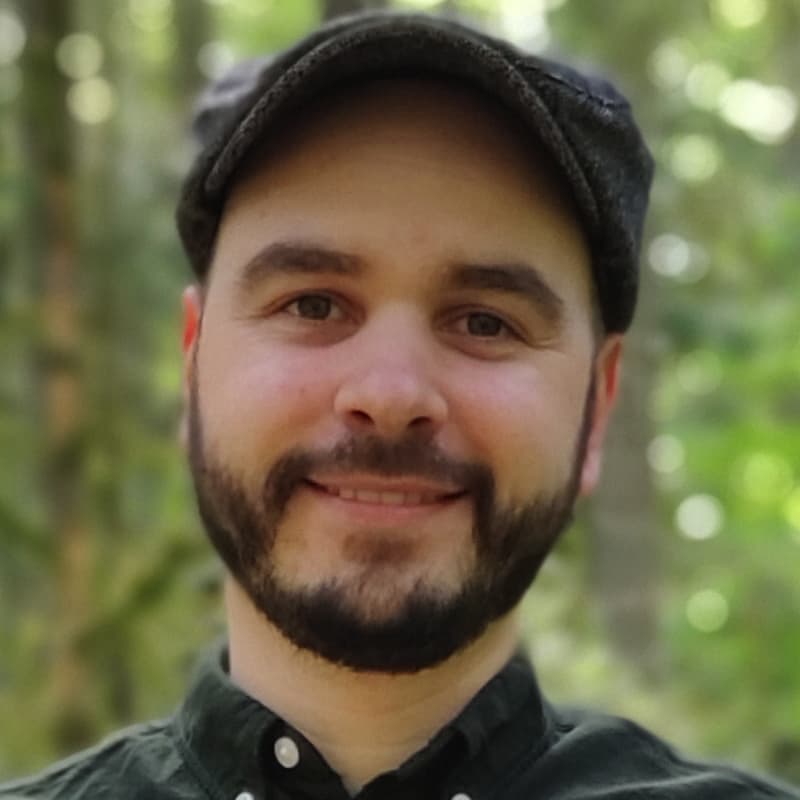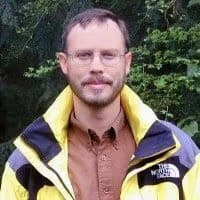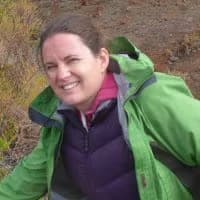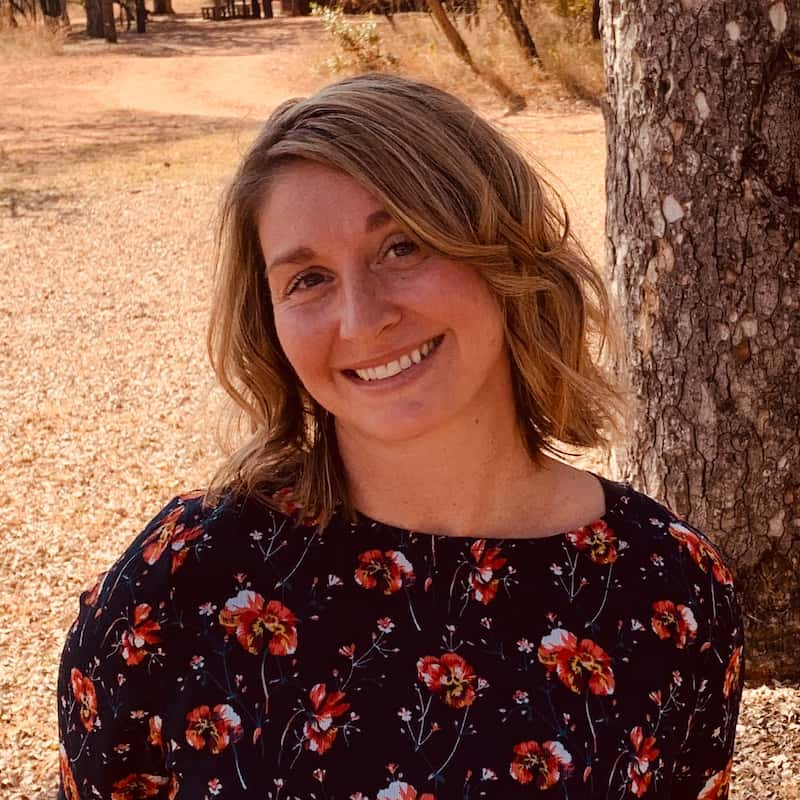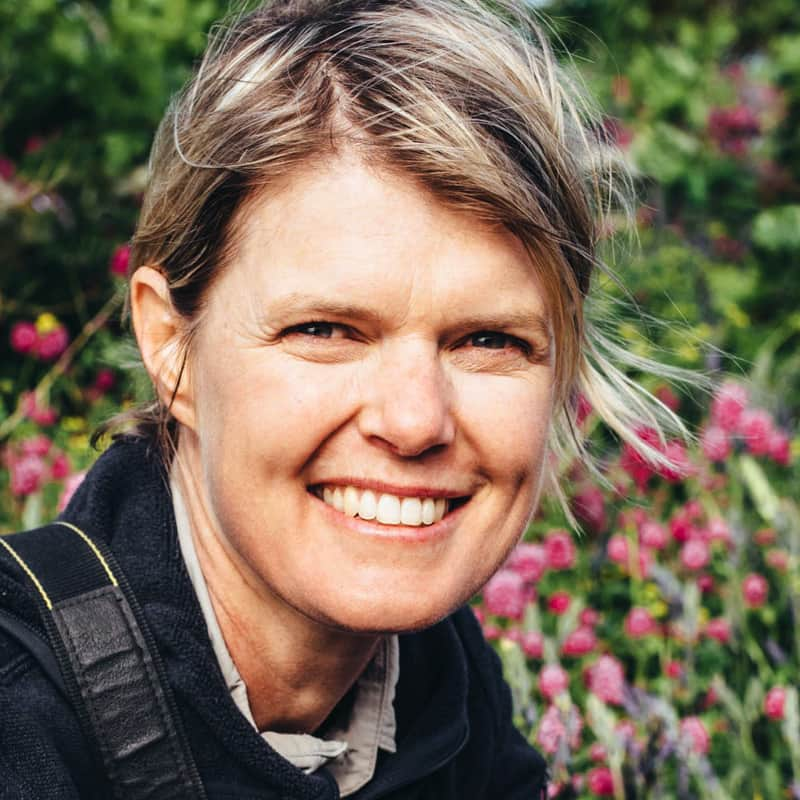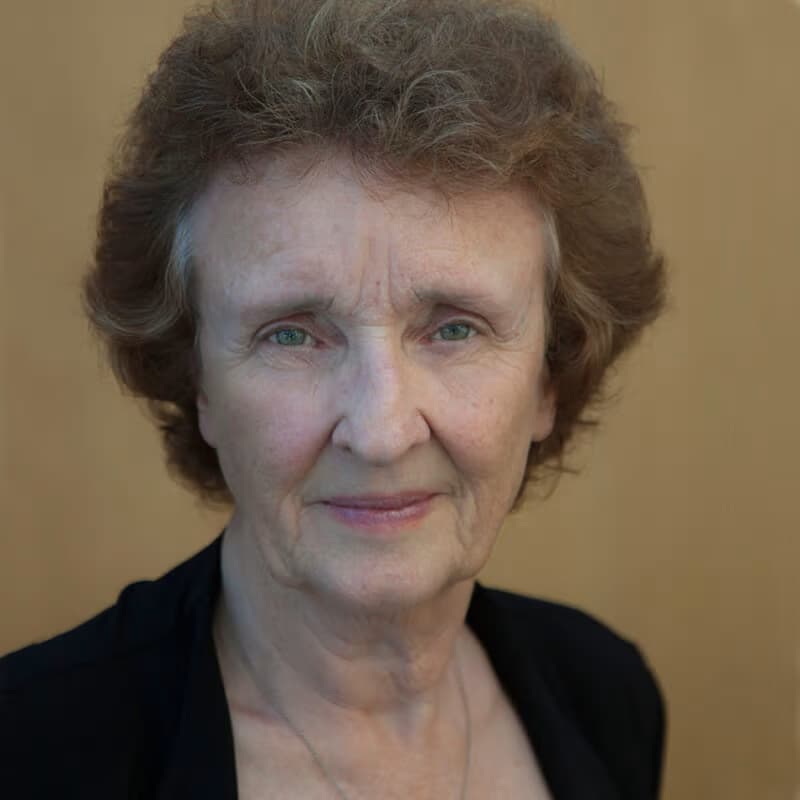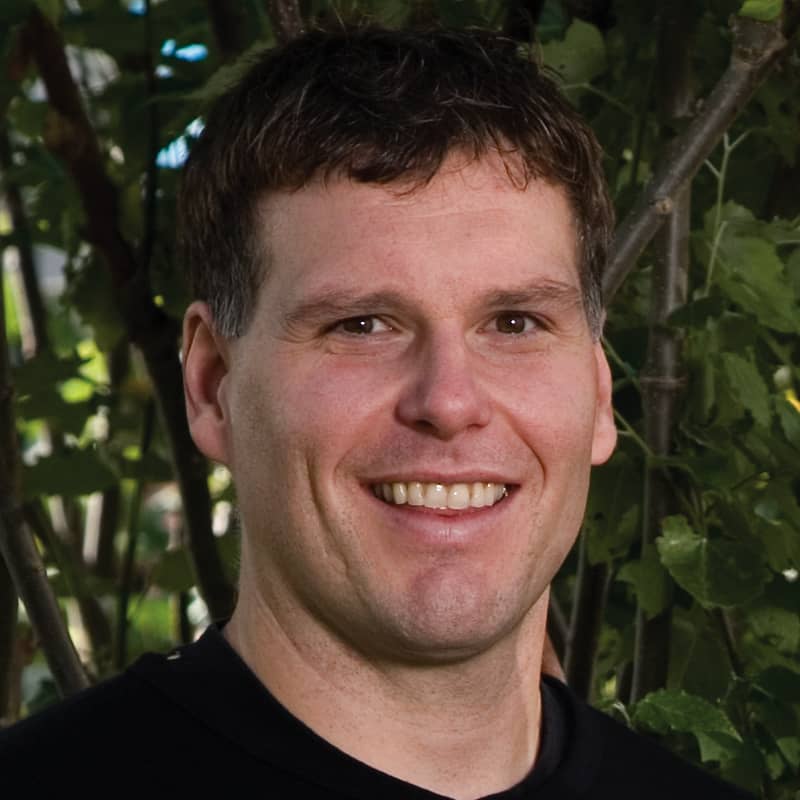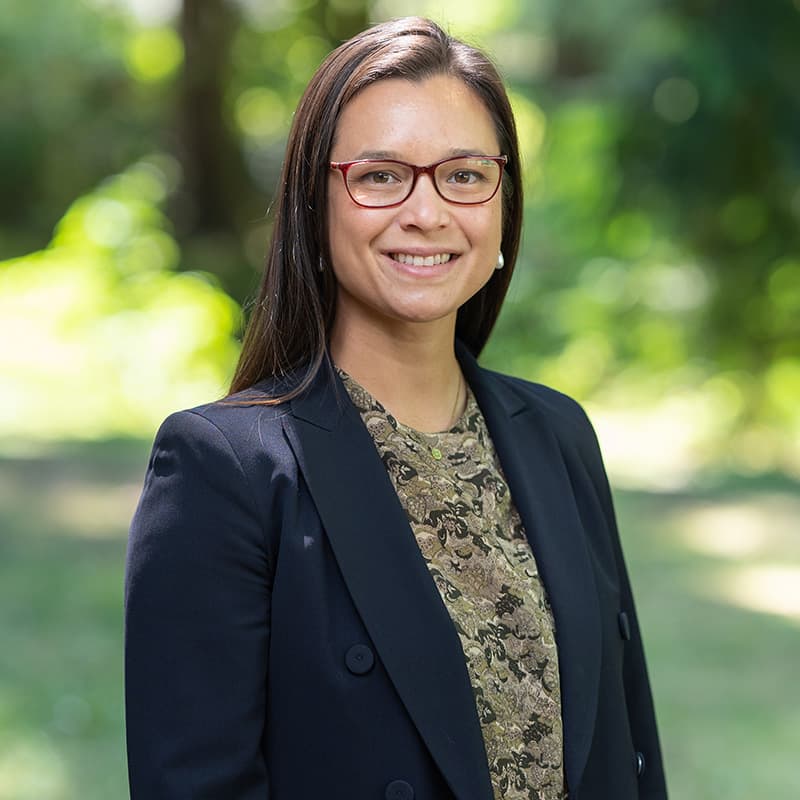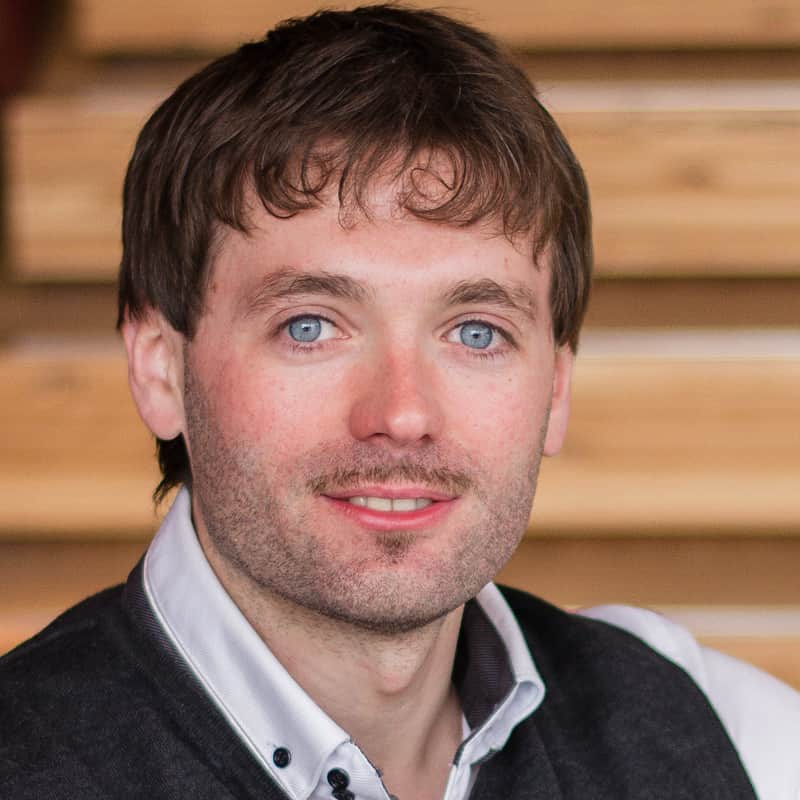Areas of research include:
- Tree biotechnology
- Relationship between genes expression and phenotypic cell wall and development traits
- Plant Metabolism (Metabolomics)
- Cell Wall Development
- Cellulose Biosynthesis
- Lignin Biosynthesis
- Tree Metabolism
- Sucrose Metabolism
- Trees and the Environment; Remediation of anthropogenic contaminants:
- phosphorous
- salt
- heavy metals
Projects
Identification and Selection of Fast-growing Poplar Genotypes for Sequestration of Carbon & Biomass Production Completed
BIOCAP/NSERC Strategic
Spruce Forest Health Genomics Completed
Genome British Columbia/Genome Canada
Employing Metabolic Profiling as a screening technology for Internal Checking of Radiata Pine Completed
WQI Limited, New Zealand
Evaluating Canada’s Underutilized Species, Hybrid Poplar, for the Value-Added Industry Completed
NRCAN/CFS Value-Added
Metabolic profiling of radiata pine – proof of concept Completed
WQI Limited, New Zealand
Genetic engineering of cellulose biosynthesis in hardwood and softwoods Completed
USDA
Wood quality assessment technology for the value-added industry Completed
NRCAN/CFS Value-Added
Characterizing wood and fibre properties by metabolite profiling Completed
NSERC Strategic Grant
Identification and performance of ethanologenic Saccharomyces strain for fermentation of galactose from lignocellulosic hydrolysates Completed
USDA
Laboratory for wood and fibre quality Completed
CFI
Bioprocessing centre for sustainable fuels and chemicals Completed
CFI
Canada Research Chair (Tier II) – Wood and fibre quality.Department of Wood Science, Faculty of Forestry, UBC Completed
NSERC
Increasing yield and cellulose by modification of carbohydrate allocation and metabolism Completed
NSERC Partnership Grant (CellFor Inc.)
Study of the effects of the over-expression (ectopic) and vascular-specific expression of UGPase, SUSY, invertase and SPS on cellulose synthesis Completed
CellFor Inc.
Influence on chemical pulp processibility of genetically modified lignin subunits Completed
CellFor Inc.
Analysis of transformed Poplar and Spruce for pulping and fibre quality Completed
CellFor Inc.
Analysis of Poplar modified for altered lignin Completed
CellFor Inc.
Elucidating the variations in fibre chemistry and morphology of Aspen clones to improve pulp processing and quality Completed
NSERC Discovery Grant
Strength Testing of Hemlock for Strongwood Products Completed
INTERFOR Ltd.
Chemical analysis of beetle killed Lodgepole pine Completed
Ainsworth Inc.
Awards
UBC Killiam Research Prize 2016
David Gifford Award (Tree Biology), Canadian Society of Plant Biologist 2014
2014 Tree Biotechnologist of the Year, Institute of Forest BioSciences 2014
Scientific Achievement Award (SAA), IUFRO (given only every 5 years) 2010
Sir Frederick MacMaster Fellowship, CSIRO Australia 2007
Fellow of the International Academy of Wood Science 2007
Senior Early Career Scholar, Peter Wall Institute for Advanced Studies 2006
Canada Research Chair in Wood and Fibre Quality, NSERC, 2001 (renewal 2006) 2001
